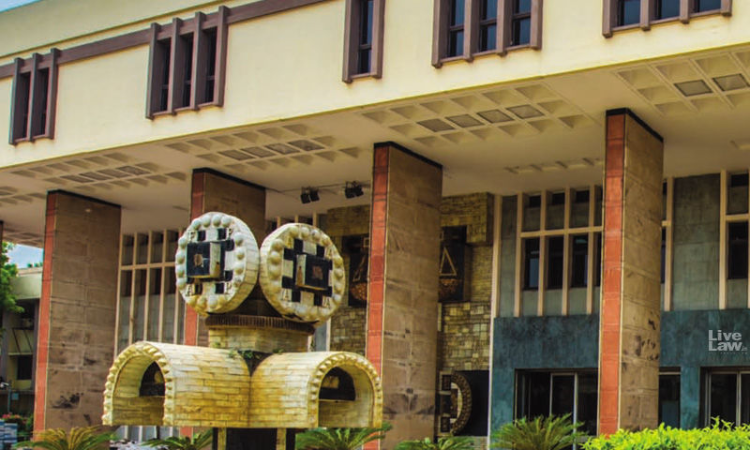Mere Extension Of Bank Guarantee Does Not By Itself Extend Claim Period : Delhi High Court
Padmakshi Sharma
21 July 2022 1:00 PM IST

Next Story
21 July 2022 1:00 PM IST
The Delhi High Court has held that the invocation of a bank guarantee has to be done in accordance with the terms of the bank guarantee, or else, the invocation itself would be bad.A single judge bench of Justice V. Kameswar Rao further observed that where the terms of bank guarantee provide a period 90 days from the date of expiry of the defect liability period as provided in the...
